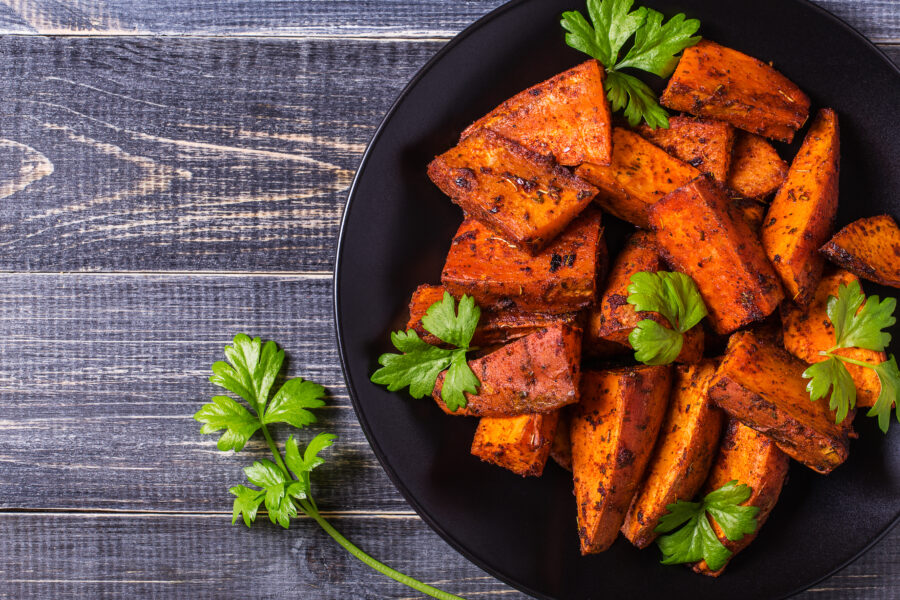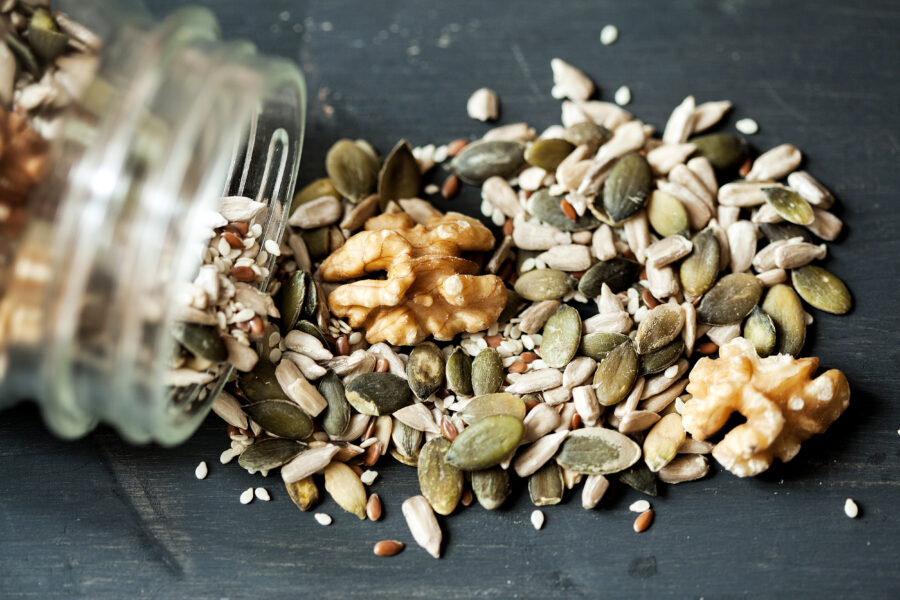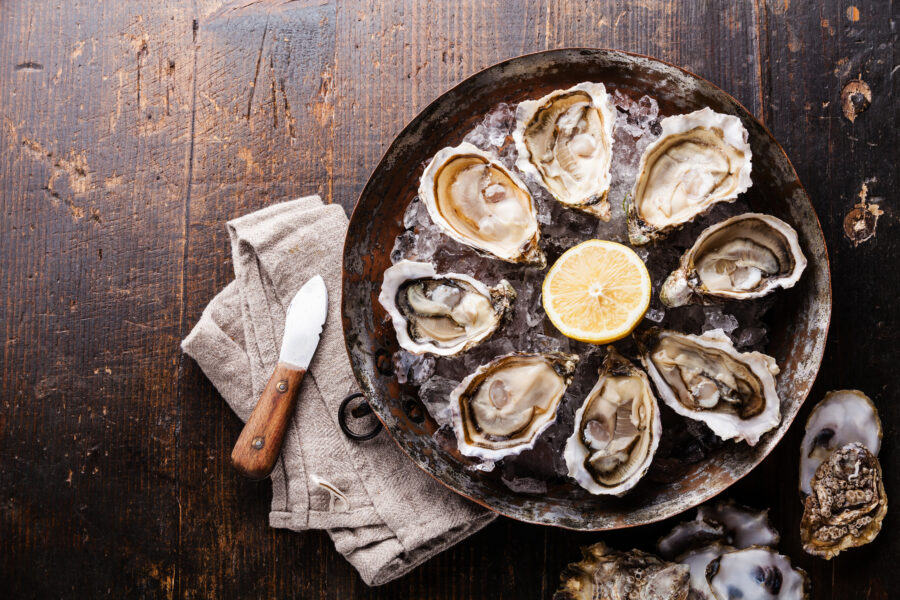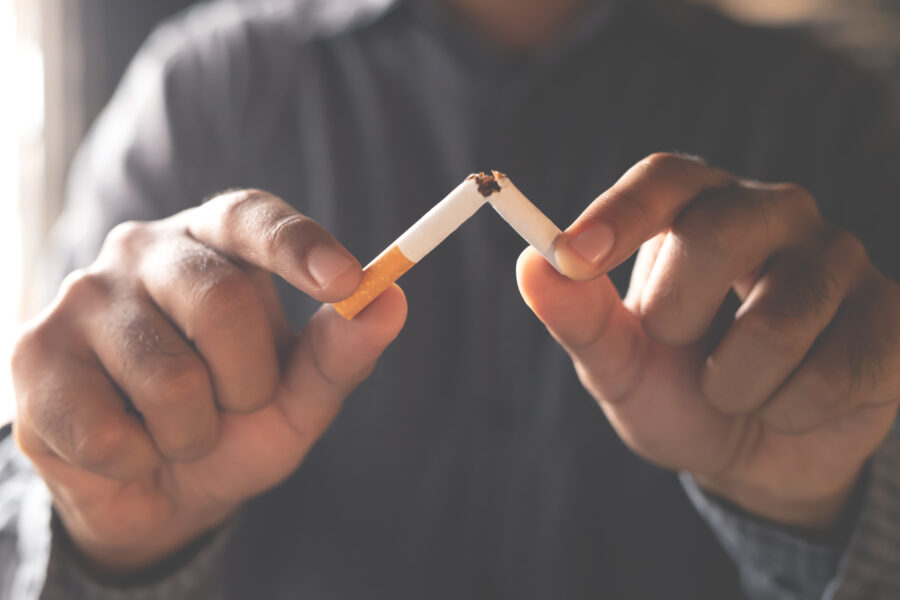Blog post
The Link Between Diet and Hearing Loss
While there are no foods that are scientifically proven to reverse hearing loss, it's important to understand that nutritional deficiencies in specific vitamins can contribute to hearing problems.
To prevent hearing loss and maintain overall ear health, it's crucial to include these essential vitamins as part of a balanced diet.
Ensuring these vitamins and minerals are part of your balanced diet can act as a preventive measure, helping to reduce the risk of hearing loss.
Vitamin A
Found in carrots, sweet potatoes, leafy greens, and liver
Vitamin A is essential for the proper functioning of thoysterse inner ear. It plays a crucial role in maintaining the health of the ear's sensory receptors and hair cells, which are responsible for transmitting sound signals to the brain. A deficiency in vitamin A can lead to problems with hearing and balance.

Vitamin C
Found in citrus fruits, strawberries, and bell peppers
Vitamin C is known for its antioxidant properties, which help protect the delicate structures of the inner ear from oxidative stress and damage caused by free radicals. It also supports the immune system, which can be important in preventing ear infections.

Magnesium
Found in nuts, seeds, leafy greens, and whole grains
Magnesium is a mineral that contributes to the overall health of the auditory system. It helps regulate blood flow to the inner ear, which is crucial for maintaining its function. Some studies suggest that magnesium supplements may help protect against noise-induced hearing loss.

Zinc
Found in oysters, red meat, and fortified cereals
Zinc is important for the maintenance of the immune system and is involved in various biochemical processes within the ear. It is often used in the treatment of tinnitus (ringing in the ears) and some types of hearing loss.

Omega-3 fatty acids
Found in fatty fish (such as salmon and mackerel), walnuts, and flaxseeds
Omega-3 fatty acids have anti-inflammatory properties and can help maintain healthy blood vessels in the inner ear. This is important because adequate blood circulation in the ear is essential for hearing.

In summary, while certain vitamins and minerals play a role in preventing hearing loss associated with nutritional deficiencies, it's essential to focus on a well-rounded, balanced diet to maintain optimal ear health.
Hearing loss is a complex condition influenced by various factors, and it's best to consult a healthcare professional for appropriate interventions if you experience hearing problems.



